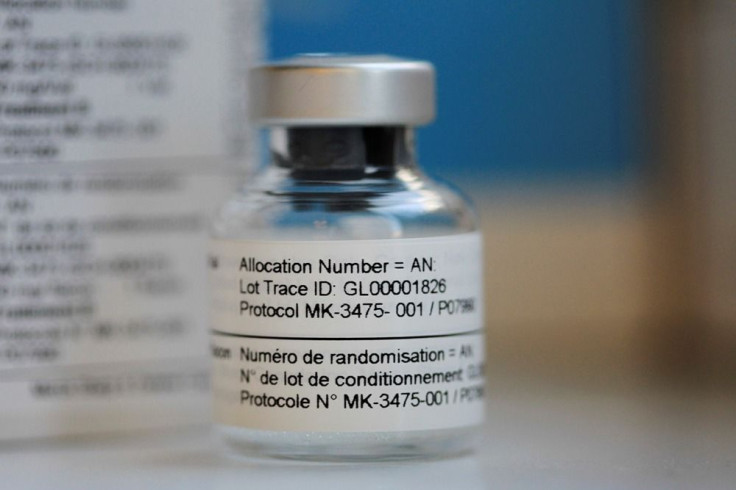Melanoma Tumour Disappears With A Combination Treatment, Research Finds

A new case report found that a large melanoma tumour in a woman has dissolved after being given a treatment consisting of two different drugs. The report published on April 20 can be found in the New England Journal of Medicine.
The case report involved two drugs, ipilimumab and nivolumab, both approved by FDA separately as a treatment for melanoma. Ipilimumab (Yervoy) removes the inhibitory mechanism responsible for stopping some immune cells from targeting cancer cells, while nivolumab (Opdivo) works by preventing the death of immune cells.
In the study, researchers combined these two drugs to treat melanoma. While both drugs are not approved by FDA as a combination treatment, the study tested how drugs would work if given in tandem.
The woman who had her tumour dissolved by the treatment was part of a study involving 100 people who also took the tandem drugs. For most participants of the study, the combination treatment worked better compared to giving only one drug. Doctors were astounded by the effect of the combination treatment on a woman’s melanoma tumour, which led to the study of the case.
Doctors have given treatments to 142 patients with metastatic melanoma. Some participants were given both drugs, while others were given ipilimumab with a placebo. None of the participants or doctors knew which type of treatment were given until trial has been completed. Researchers then found that the tandem treatment produced better results compared to the ipilimumab and placebo treatment.
Despite the positive results both drugs have given, doctors are not sure if melanoma will return in these patients. The doctors are keeping an eye on these patients to see if those who have undergone combination treatment will live longer, according to the study’s lead author, Dr Paul Chapman.
The combination treatment, however, has serious side effects, including diarrhoea and inflammation, with assistant professor at University of Washington, Sylvia Lee describing these side effects as “brutal.” Nevertheless, the combination drugs look promising, and Chapman said that it can be a great treatment option for melanoma if it gains FDA Approval.
To report problems or leave feedback on this article, email: wendylemeric@gmail.com.






